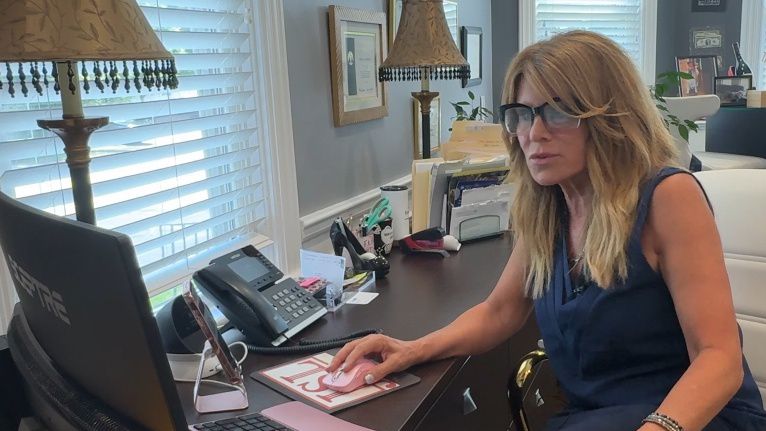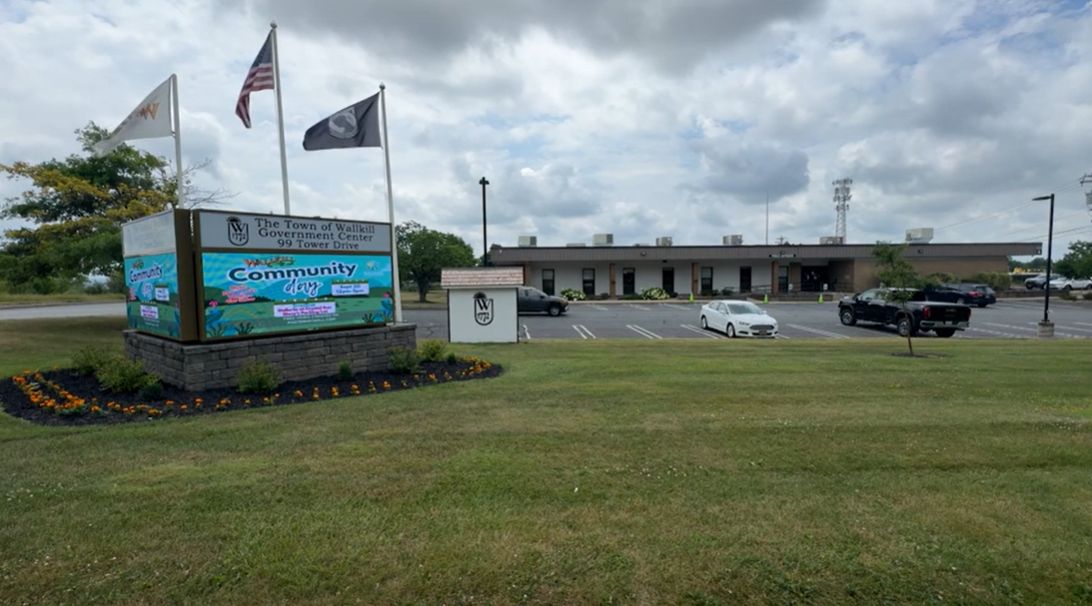Christopher Pawelski says the regulations around farming present challenges for farmers like him, calling them "time consuming." He's a fourth generation onion grower who doesn't know if his son will continue in his footsteps.
"The rigamarole that is involved apart from the actual work, and then the marketing and trying to sell your product in the like is very discouraging to my son," Pawelski said.
He says regulations are one thing, but the bigger burden is trying to get his onions sold so he can make ends meet. He's still recovering from natural disaster that left him with debt.
"I have a hard time sleeping ... I take Ambien, basically, is what it comes down to," Pawelski said. "Literally because right now because I've sold no product, and I have about $150,000-200,000 in bills."
He shared his story Thursday with members of the federal Small Business Administration. They toured the Hudson Valley to hear from local businesses about how they can better advocate for them in Washington, D.C.
"It's our job to be the grassroots; we go out and we meet with the Chris' all over the place of every single different industry," says Regional Advocate for the Small Business Administration Christine Myers.
SBA officials visited three small businesses, including Pawelski's farm, to collect data and information directly from business owners.
"I think Chris experiences what other farmers experience, which is the additive impact of having several regulatory streams govern their operation," said Myers.
She says the regulations and paperwork from various regulatory agencies can be a burden, even though the regulations were well intended.
"It is rather significant, really significant," Meyers said. "Some businesses can't survive it. Not that all regulations are bad, but are they being implemented in an appropriate way for a business of this size?"
The SBA says it takes this data to help inform agencies, legislators and the administration about the needs of local businesses. And Pawelski, who also is a policy advocate for agriculture, says that face-to-face time makes a difference at home and in the Capitol.
"To have a federal agency come out and proactively say 'Hey, can we come to your farm? Can we learn about issues that affect you, do you mind?' That just blows me away," Pawelski said.








